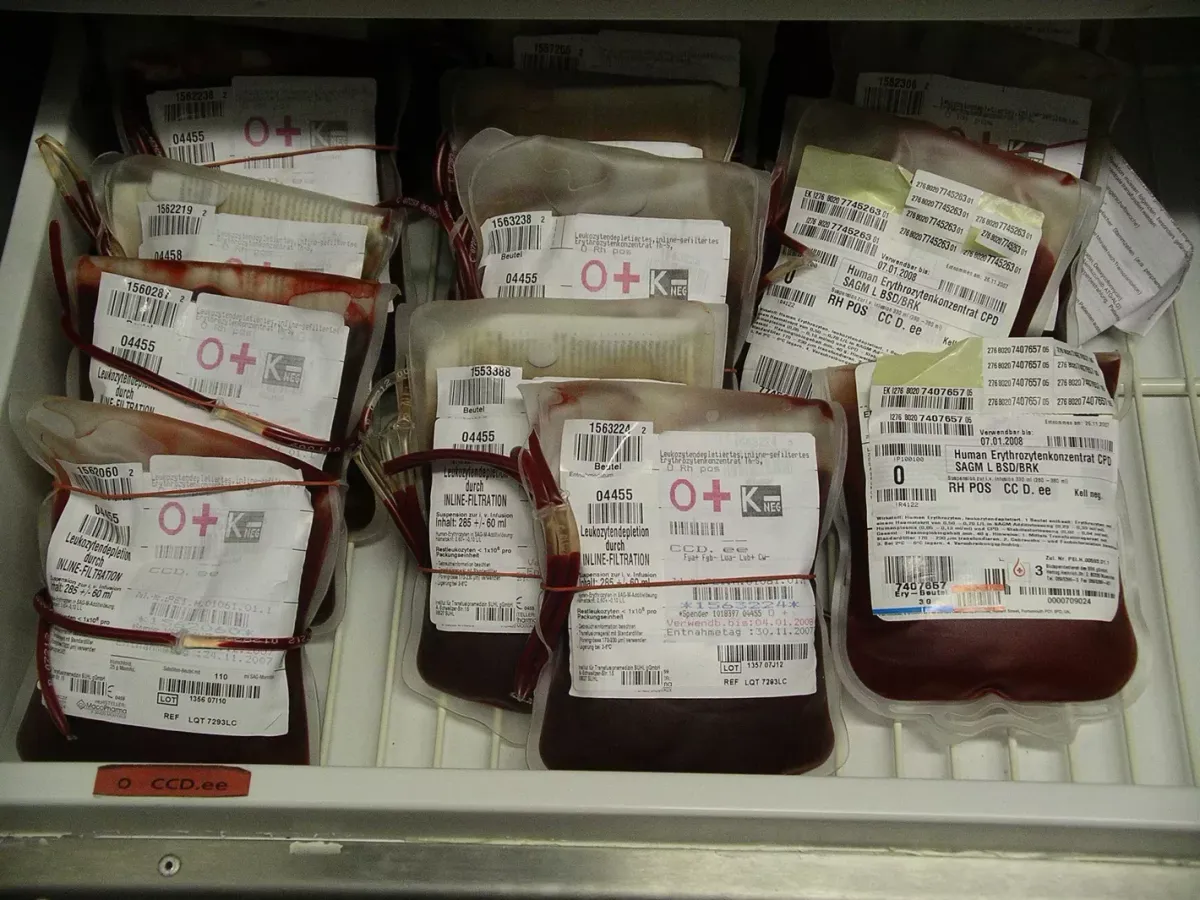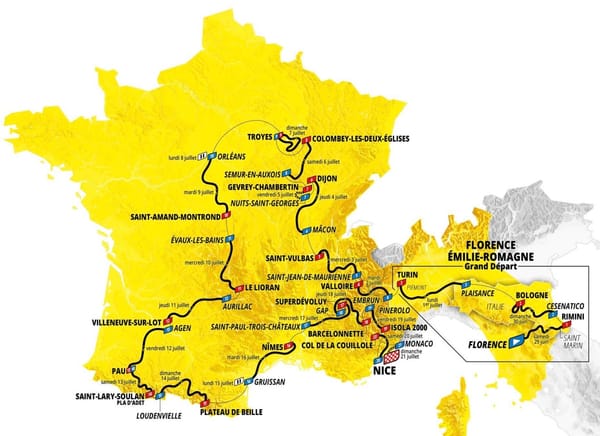How to Beat the Biological Passport

There’s a well-known survey in sports, the Goldman Dilemma. Bob Goldman began asking elite athletes in the 1980s whether they would take a drug that guaranteed them a gold medal but would also kill them within five years. More than half of the athletes asked said yes.
The biological passport, which tracks blood and urine markers over time to help identify various forms of doping, has been weakened over the years. The implementation of the biological passport in cycling in 2008 was a turning point for cycling, many tout Cadel Evans as the first clean winner of the Tour de France in years, times for some of the world’s hardest climbs rose, overall things seemed to be moving in the right direction.
Then, Roman Kreuziger’s case five years ago started a cascade. That case went to the Court of Arbitration for Sport and eventually the UCI and WADA dropped their appeal in 2015. Kreuziger got back on the bike, and the passport was dealt its first blow and significantly weakened.
More recently, Spanish rider Ibai Salas had a three-year, nine-month ban overturned by the Administrative Court for Sport (TAD) earlier this month. The case, along with Kreuziger’s and others’ sets precedent that the passport cannot be used to sanction riders.
The court decided that the biological passport “is not sufficient to prove the commission of an infringement.” Thus relegating the passport to little more than an incredibly expensive tool for targeting further testing. Given modern doping techniques, further testing which will find nothing.
Enter Nordic skiing. Nordic skiing has long had a close relationship to cycling. The two sports put similar demands on the body, so similar doping techniques are utilized to enhance performance.
Over the last few weeks, news came to light that five athletes, two of them Estonian cross-country skiers, had been arrested on suspicion of doping. The story continues to evolve and it looks like several more athletes, including cyclists, could get wrapped up in the scandal.
Interestingly, one of those arrested, Estonian athlete Karel Tammjärv confessed to doping on March 4th, he then sat down with the FasterSkier Nordic Nation podcast and offered up an absolutely stunning and appalling interview. In it, Tammjärv explains in detail how he beat the biological passport. You really need to give it a listen:
If the biological passport is so easily being circumvented in cross-country skiing it’s not a stretch to assume the same is being done in the WorldTour where it’s arguable that the pressure to perform and rewards for doing so are even greater. Athletes will always try to cheat, they’ve told us that themselves. Which begs the questions, what do we do from here?





